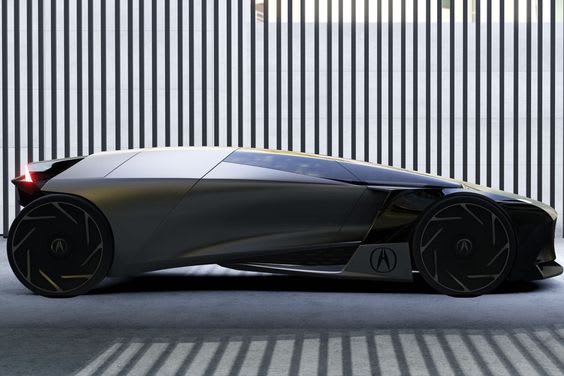Automotive—Twitter thread: Future of EVs in India!
Are electronic vehicles just an exciting topic to talk about, or do they actually have a future in India?
A thread covering all you need to know about EVs.
Join in. 🧵
India launched its first EV in 2001, and what looked like a revolution in transportation, never took off.
Two decades passed, and still, EVs haven't scaled. It's due to 3 primary reasons.
1. Product:
Customers don't care if their vehicles are EVs or not. They want the best vehicle on their budget, & EVs as a product are very basic in India.
Tesla is a good example of a killer product. People don't buy Telsa because it sells EVs. They buy it because it's the best.
2. Pricing:
Again, customers want the best ROI. If not ROI, EVs should at least be cheaper than internal combustion vehicles (ICs.)
The EVs currently are priced 35% higher than ICs on average. This created resistance from the large middle-class market of India.
3. Charging stations:
Buying an EV is fine. But, how'd you charge it?
The station infrastructure is ineffective and not at scale as of now. The in-house chargers are either priced high or unavailable for all models.
This made buyers even more skeptical.
Even with such large concerns, I believe EVs will be a game changer by 2030.
Here's why.
EVs always had hype because of their environmental benefits and futuristic concepts.
But a few interesting events occurred in the last 2-3 years.
1. Ola sold ~85000 e-scooters worth 1100 Cr in Sept '21.
2. Bounce launched EVs in Dec '21 in two models—BaaS (Battery) subscription model & buying along with a battery and charger.
3. Indian companies like Ather, TVS, Bajaj, Mahindra, etc., are investing heavily in EVs.
What's making companies manufacture more? What's making people buy? What turned the tables Three major things happened:
1. Government Incentives:
The Indian govt is working on renewable green energy & reducing oil imports.
To support this, the govt is providing tax incentives to both EV manufacturers & the end-users, encouraging more parties to manufacture & purchase EVs.
2. Full-stack approach:
All companies are going full-stack over the vertical model.
It means they're not only focusing on manufacturing EVs but also on servicing, charging stations, etc.
This is to ensure mass initial adoption at a rapid pace.
3. Lithium-ion price decline:
The price of lithium-ion, which is used to make batteries for EVs, dropped by 98% in the last three decades.
This implies the manufacturing cost of EVs drop, resulting in prices equal to or less than ICs.
A large population now believes in environment conservation after COVID, and with the govt policies supporting EVs, I'm very optimistic about the future of EVs in India.
EVs are not just a fad.
They're gonna be a game changer!
Found the thread insightful? Do RT the first tweet and follow [@ID] for more content on x,y,z.
Sources: Economic Times, Financial Express, Think School.
Good day!
[Name], signing off.
08 Mar 2022







